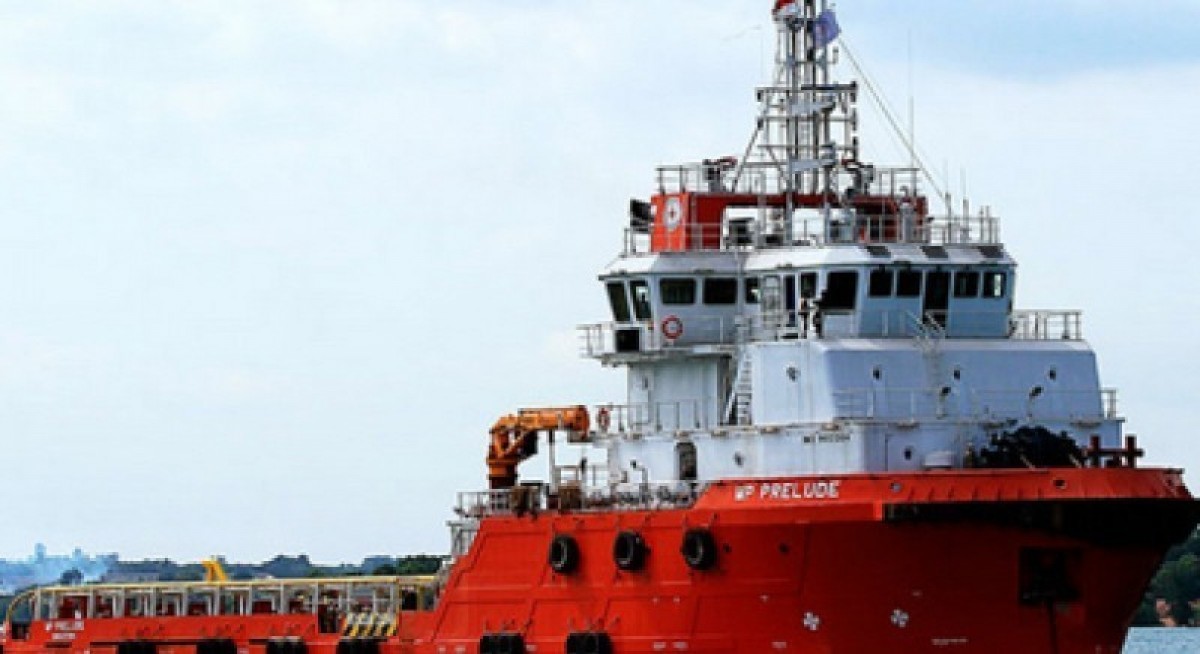The SOV functions as a mother ship for wind turbine technicians performing maintenance and service work at offshore wind farms, while the CSOV is designed to support commissioning works during the construction of offshore wind farms, as well as their maintenance operations.
The SOV and CSOV will be constructed with a focus on energy efficiency, in line with environmental sustainability targets. Equipped with a full suite of daughter craft, elevator towers and skidding systems, the vessels will be future-ready with hybrid battery-based energy storage systems, enhanced automation and drone-equipped capabilities.
Marco Polo Marine said these features will cut fuel consumption and emissions by up to 15%-20% as compared to a non-diesel electric hybrid vessel.
Both vessels have 3D-motion compensated crane and gangway, while the launching, landing and storing of drones are incorporated in each vessel’s design and workflow. The SOV and CSOV can accommodate up to 60 persons and up to 110 persons respectively.
See also: Nam Cheong sells vessel for US$19.8 million; second sale in a month
Marco Polo Marine CEO Sean Lee said the project showcases the company’s established track record in constructing Offshore Supply Vessels as well as its operational expertise in servicing the offshore wind farm market.
“Essentially, the SOV and CSOV represent a milestone and a giant leap forward for the offshore maritime industry, as it transitions to fuels with a lower or minimal carbon footprint. This project brings together different industry players with aligned values to cut greenhouse gas emissions, which dovetails with global and Singapore government initiatives to combat climate change.”
Shares in Marco Polo Marine closed flat on March 16 at 2.8 cents.




